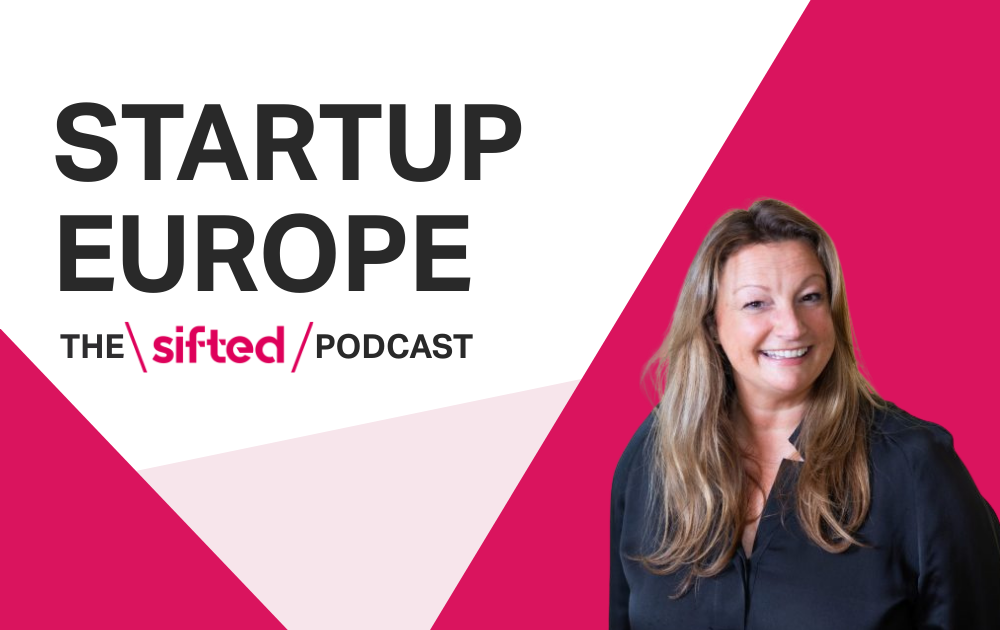Relations between gig economy companies and trade unions are growing increasingly tense. Earlier this month the UK high court heard the latest legal case brought by the Independent Workers Union of Great Britain against Deliveroo, the online food delivery company. At stake is whether Deliveroo riders can be classified as workers - and therefore entitled to collective bargaining for better pay and conditions - or if they are self-employed.
It is the latest in a series of cases brought by the IWGB against private hire vehicle and courier companies in the UK - and there is a promise of more battles to come.
“What I see more and more is that riders are organising, either by themselves or with unions,” says Thiebaut Weber, the confederal secretary of the European Trade Union Confederation.
Is a less adversarial relationship possible? There are few examples to point to of collaboration between the unions and platforms, but one example to watch is in Denmark. A unique pilot began in August this year when Hilfr.dk, a platform for cleaning in private homes, signed an agreement with 3K, the Danish trade union.
The agreement gives cleaners on the platform employment benefits such as holidays, sick pay and pension contributions. Cleaners covered by the agreement get a minimum wage of €19 an hour, compared to around €15.50 previously. A novel feature is that workers can opt out of the agreement if they wish to remain working on more casual terms, a two-tier system that a union would not typically have allowed.
“This is where the union was very progressive and pragmatic, understanding the needs of a platform company,” says Hilfr.dk co-founder Steffen Wegner Mortensen.
Some platform companies argue that people prefer to work as freelancers but when we have them the choice we found very few chose that option.
The pilot is set to run for 12 months, after which both sides will reevaluate. Four months in, however, Mr Wegner Mortensen seems happy.
Following the deal “we saw an instant uplift of about 60% in both customers and cleaners signing up for the platform,” he says. “Some of that was the publicity we had - the Danish prime minister came for the signing and it generated a lot of press. But we have seen consistent growth every month since then.”
Giving cleaners employment benefits does cost the company more. Mr Wegner Mortensen estimates the union deal has increased Hilfr.dk’s costs by around 1 to 2% per cent. However the company is still expecting to reach break-even as scheduled in 2020.
Customers face a pretty big price hike, however - nearly 40 per cent. According to the company’s own explainer they would pay around €23.23 an hour for a freelance cleaner but €32.08 for one covered by the agreement - a so-called ‘super Hilfr’.
Customers face a big price hike - nearly 40 per cent.
Mr Wegner Mortensen argues that customers are willing to pay more for higher-quality cleaners. He says Hilfr has been able to hire better-quality cleaners following the deal, and this in turn is popular with clients. “You don’t want a different person turning up each week to clean your house. When we started we had a lot of students who were just doing it for a short time, but now we are seeing professional cleaners from large cleaning companies coming on board.”
He may have a point. Lack of quality cleaners was one of the reasons that Homejoy, a similar US cleaning platform, failed three years ago. However, it is unclear whether customers of other services would wear a similar price increase. Does it matter if the person who delivers your pizza is highly skilled or not? The cleaner model may not work for other, less personal services.
It is also unclear whether an agreement like Hilfr.dk’s could be done anywhere other than Denmark. “Denmark is a special case, with a strong welfare state and quite a flexible labour market,” admits Mr Wegner Mortensen. Although workers have relatively high levels of unemployment benefits, it is easy for companies to hire and fire staff. In places where labour laws are more rigid unions may not have the same ability to cut a deal that would work for both sides.
It is clear, however, that, given the choice, most workers would like employment rights. Around 30% of the cleaning hours performed by Hilfr.dk’s 600-700 cleaners are covered by the agreement now, and Mr Wegner Mortensen expects this to hit 50% shortly. The interesting thing is that he says he has seen very few people opt out. “Some platform companies argue that people prefer to work as freelancers but when we have them the choice we found very few chose that option.”
Further reads:
- See also our piece on Glovo the Spanish ‘everything’ delivery app, which has had its own tussles with the ‘gig economy’ debate. A Spanish court ruled that it did not have an employer relationship with its couriers, but decided that Deliveroo did.
- For a further great read on trade unions in the age of automation see Sarah O’Connor’s piece in the FT (no paywall), where she argues that digital transformation is both a challenge and a great recruiting tool for unions.
- The Economist also looked at how trade unions are using digital tools here.



